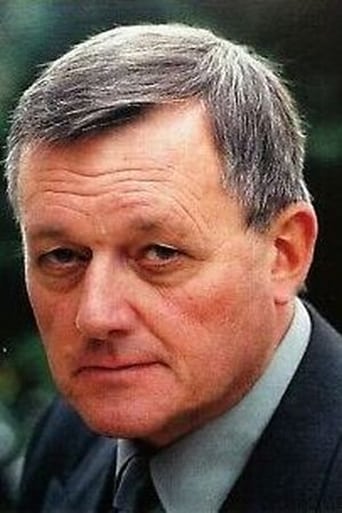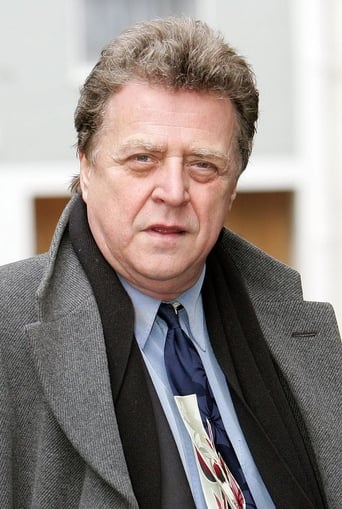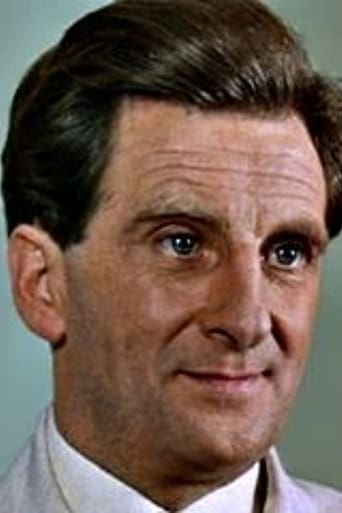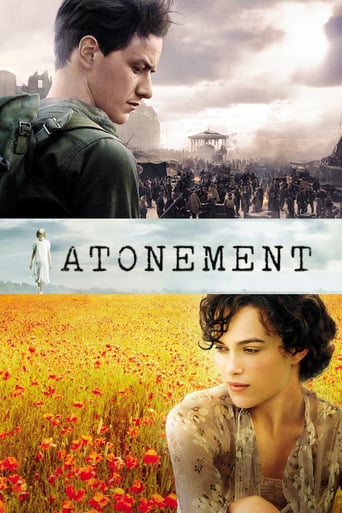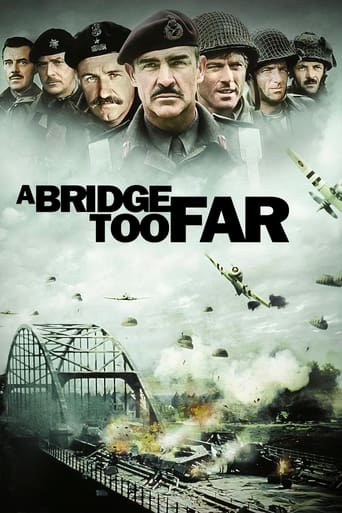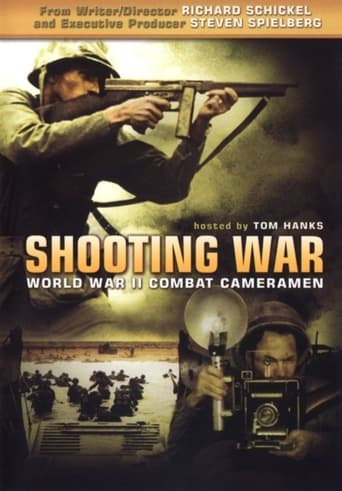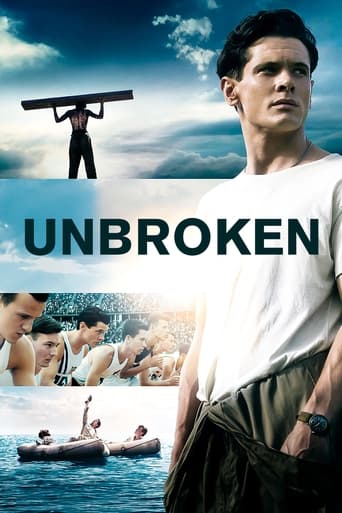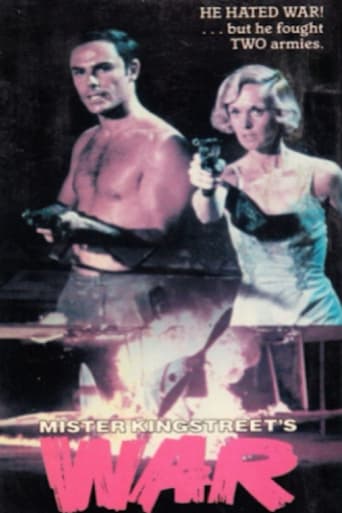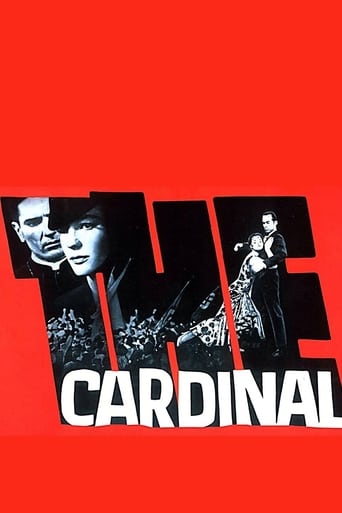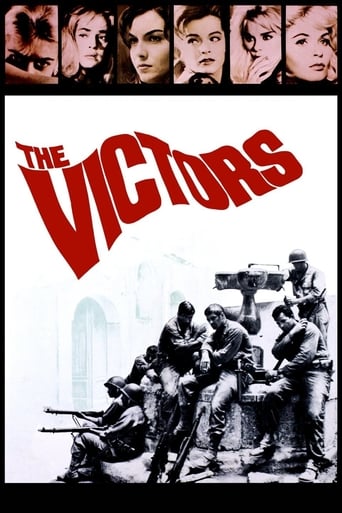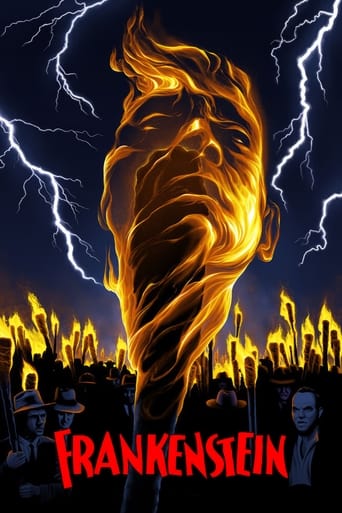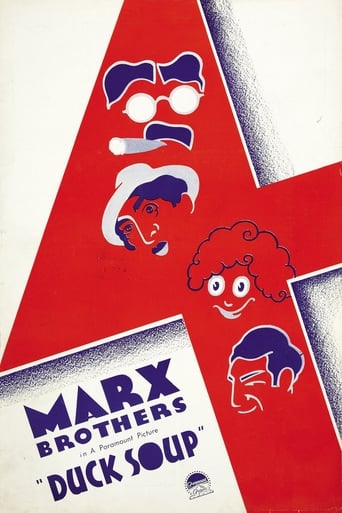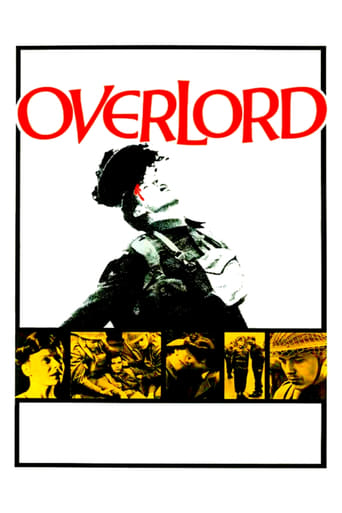
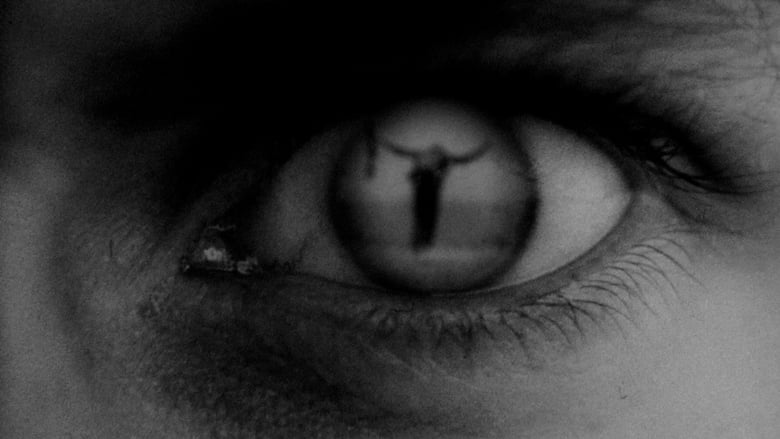
Overlord (1975)
During World War II, a young man is called up and, with an increasing sense of foreboding, undertakes his army training ready for D-day, June 6th, 1944.
Watch Trailer
Cast


Similar titles
Reviews
I didn't like it that much. Too unclear at times; slightly surrealistic and confused. For example, there's a full minute of black screen at the beginning, making you think something's broken. There's a firebombing scene in which it takes too long to figure out who's bombing whom. There's the mixing of dreams and reality, and the incongruous jumble of scenes in general, with little to nothing in the way of explanation in between. It was as if someone had taken every third scene from a much longer movie, and presented this one-third; and non-linearly to boot. Not to mention the discordant music. I'm sure all of the above was deliberate, new-age and supposed to convey a message, but I prefer straightforwardness. This is 6/10 for me.
Someone gave me the DVD of Overlord at Christmas and I thought it might be interesting for those who browse through these reviews to hear from someone who had a very very very small part in the making of this film, but who was in a position to observe some of the work that went into it. I was a young and inexperienced assistant editor at the time and I was present for much of the editing and completion of the film. We were mainly based in Stuart Cooper's house in Notting Hill- then not so fashionable, and moved later to Twickenham studios. I remember a roving showbiz correspondent putting his head round the door there and asking who was in the film, anyone he'd heard of? I couldn't help him and he withdrew in disgust.Quite rightly, John Alcott is honourably mentioned in reviews and Stuart's commentary for the look of the film and the accomplished matching of old and new. I would also mention Jonathan Gili's contribution, then an editor, who later went on to direct and produce many great and quirky documentaries for the BBC. Jonathan worked with Stuart to construct the rhythm and the blend of the archive and 'live action'. His poetic timing and intrinsic wit added immeasurably to building the motor of the picture, making it purr where it could easily have stuttered. He also shared a sense of perfectionism with Stuart. Paul Glass's score, conjured out of penury of time and money, added a depth and resonance way beyond the means at the production's disposal, and I would draw attention to it. Lastly, but certainly not least, I would mention Alan Bell the sound editor. I will never forget the awe I felt when I stumbled into the dubbing theatre at Twickenham Studios and heard for the first time the all tracks run through of the scenes where bombers are unleashed over darkened cities. Up to then, the archive footage, with which I had become familiar, had been splendid, poignant and distant. Alan's delicacy and imagination combined with the music to turn it into a terrible elegy; for sound editors the brutal and spectacular is sometimes easier, and the more delicate and mysterious more difficult, but Alan managed both. Remember, this was a time before stereo was commonplace and the word digital did not impress. Jonathan is now dead, so is Alan; John Alcott too; and Paul Glass must be pretty senior now.Overlord was made on a shoestring; I seem to remember that a 2CV was used as a camera car for tracking shots, despite John Alcott's cachet. The formality of the mis en scene can be explained partially by this fact. Faute de mieux, it faithfully -and conveniently- echoes the shooting styles of films of the 40s. But in essence the predictable dialogue and selection of scenes of Tom's life were created to mirror the structure of the Overlord and Bayeux tapestries, if I recall correctly. Not startlingly individual, but about ordinary men in extraordinary times. Where Stuart and Christopher Hudson elaborate this is in the dream and premonition scenes and this is a nod to 'film art'- perhaps the new tapestry format! Stuart, I believe, struggled hard, persuading, inspiring and cajoling, to turn the film into something far more ambitious than planned. And the fact that he did so is to his credit.
"Overlord" is one of the most disembodied and surreal war movies ever created. It's the story of a soldier, Tom, who joins the British Army, trains, then gets sent to the D-Day Invasion (Operation Overlord) and is promptly shot.What makes the movie remarkable, however, is that it uses stock footage of the war interspersed with original footage, strange and original sound-mixing, and discontinuous editing to trace the soldier's progress of mental states to that moment of clarity right before he dies. Past, present, and future are all collapsed into one moment, and an image that provokes a response earlier has a key relationship with an image that comes later. Death, sexuality, and despair are clumped together as well, creating one of the most artful and poetic works ever made on war--which is important, considering that pseudo-poetic "antiwar" movies are made all the time that often break down into over-indulgent action films. No, this movie shares a lot more with Dziga Vertov's "The Man with a Movie Camera" than "The Sands of Iwo Jima".--PolarisDiB
I saw Stuart Cooper's 'Overlord' at Seattle's Grand Illusion Theater last summer (before it opened anywhere else in the US) having heard nothing about the movie, and was absolutely floored by it. Its simple story follows Thomas, a young recruit, through his army training until just before he hits the beaches on early morning D-Day, all the while haunted by the spectre of impending death which awaits on Normandy's beaches.The archival footage which makes up much of the film's most stunning imagery is meticulously chosen and edited; it frequently becomes Tom's dreams and visions of the War as it unfolds, and for the viewer, it is a vision of what WWII was, seen from both German and British sides. Cooper so masterfully situates Tom, an everyman, in visions of the surrounding war, that by the end of this surprisingly short, yet incredibly rich film, the magnitude of the toll the war took on the individuals fighting it becomes overwhelmingly moving.Many will notice the major influence this movie had on parts of 'Full Metal Jacket' (Kubrick's long time collaborator John Alcott shot 'Overlord,' and Kubrick once commented that the only thing wrong with this movie was that it should have been twice as long). However, 'Overlord' is unique; I've never seen another war movie quite like this. It's a masterpiece of cinematic war poetry, and that it's taken over 30 years to get a release of any kind in the US is really surprising. It certainly holds its own against any of the best movies made about WWII.


